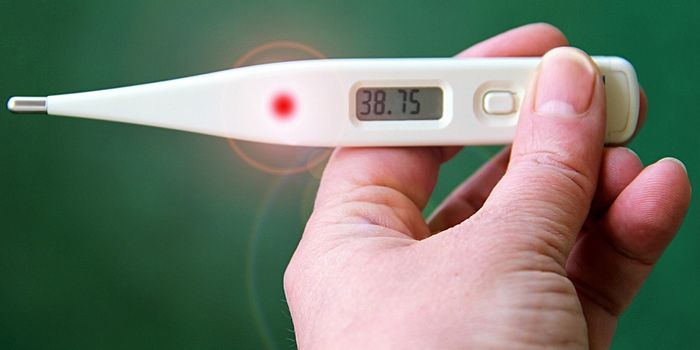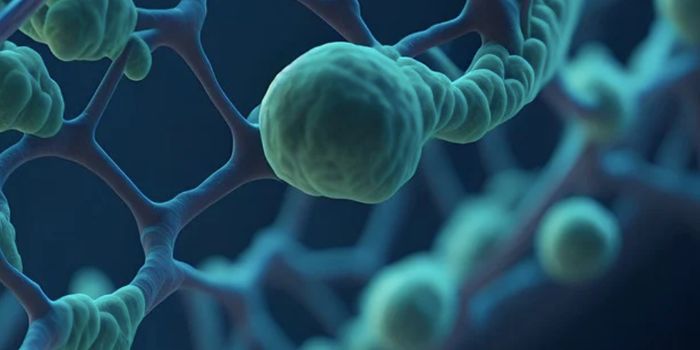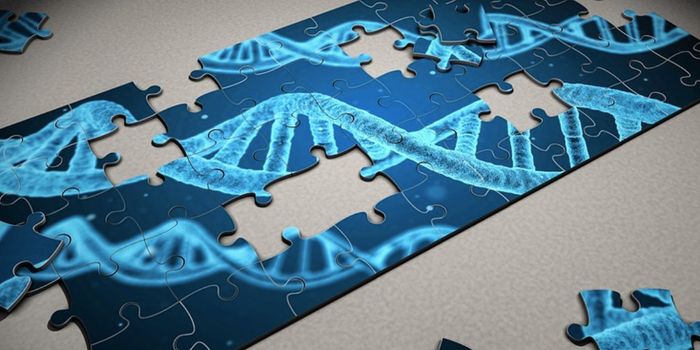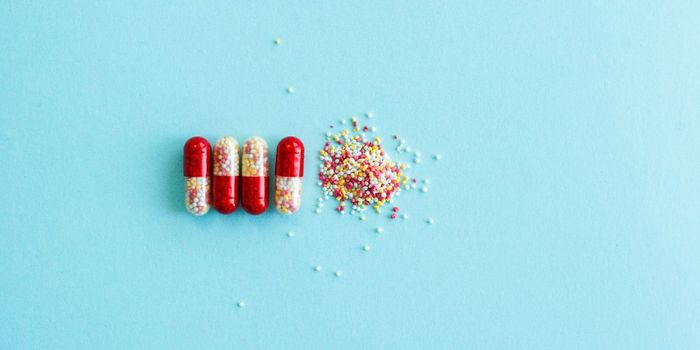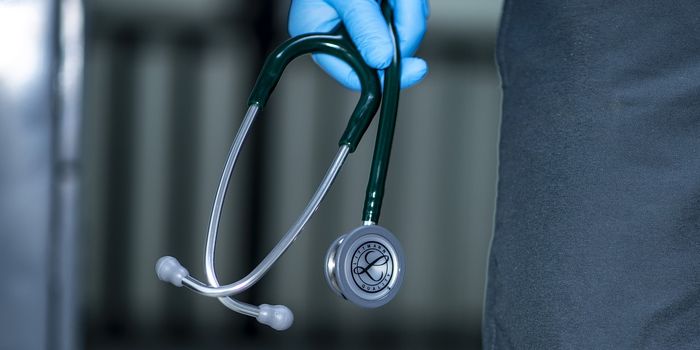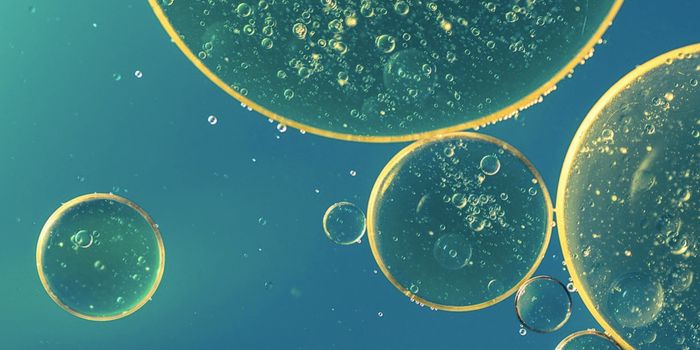Could Artificial Turf Increase Brain Cancer Risk?
Artificial grass, known as AstroTurf or simply turf, covers the ground at sports stadiums nationwide. Countless numbers of athletes, including those playing baseball, soccer, football, and a myriad of other activities, spend a significant portion of their time on the turf. Earlier this month, the Philadelphia Inquirer reported a potential link between a type of turf manufactured by Monsanto, a Missouri-based chemical company, and brain cancer.
Starting in 1971, the Philadelphia Phillies, a professional baseball team, played on an AstroTurf field at Veterans Stadium. The City of Philadelphia invested a million dollars in the field’s state-of-the-art AstroTurf surface, which remained in use until 2003. In 2017, when three former Phillies players had died from brain cancer, the New York Times first recognized the potential predisposition in baseball players. As of 2022, six former Phillies have died of the highly aggressive form of brain cancer, glioblastoma.
When relief pitcher David West succumbed to glioblastoma in 2022 at age 57, the Philadelphia Inquirer launched an investigation into the turf used at Veterans Stadium. West, along with former Phillies players Ken Brett (2003, age 55), Tug McGraw (2004, age 58), John Vukovich (2007, age 59), Johnny Oates (2004, age 58), and Darren Daulton (2017, age 55) all died from glioblastoma forming a unique “cancer cluster” (defined as greater than regular occurrences of cancer in a group of people). Alarmingly, the rate of brain cancer among Phillies players who competed at Veterans Stadium is about three times higher than that of adult men.
Over the 33 years the Phillies (and the professional football team, the Philadelphia Eagles) played at Veterans Stadium, the City of Philadelphia replaced the turf five times. After a replacement in the early 1980s, the Phillies gifted fans small patches of the “Official Turf of Champions,” which the Philadelphia Inquirer located and purchased on eBay. Subsequent testing at two independent laboratories revealed the significant presence of per-and poly-fluoroalkyl substances (PFAS) known as “forever chemicals.” Eurofins Laboratory identified 16 PFAS, and the University of Notre Dame found five different chemicals. The EPA recognizes that PFAS can increase cancer risk, among other adverse health outcomes.
Of the over 12,000 PFAS, only some have received extensive study. Further, the inclusion of PFAS in turf only came to light in 2019, so researchers have not yet conducted long-term studies to investigate the potential link between turf and cancer. While the EPA has established limits for safe levels of PFAS in drinking water, the risks of PFAS exposure through either inhalation or skin exposure, the methods likely inflicting athletes who play on turf surfaces, remain unknown. Further, we have yet to establish a methodology to estimate athletes' quantity and degree of exposure. By the early 2000s, both the Phillies and the Eagles built new stadiums with natural grass surfaces. According to the Philadelphia Inquirer’s report, five major league baseball stadiums and 16 professional football stadiums still contain artificial turf surfaces.
Sources: Philadelphia Inquirer (March 7, 2023) , New York Times, People, Philadelphia Inquirer (March 8, 2023)


